
5 minute read
Alcohol & Other Drugs
by UTHSAC
Alcohol & Other Drugs Programs
Why we are doing AOD (Alcohol and Other Drugs) awareness programs?
Advertisement
Prevention is proven and Cost-Effective Evidence-based prevention programs can dramatically reduce rates of substance use. AOD social wor ker s offer information, some through interactive approaches, to help increase knowledge, skills, or awareness, or alter per cep tions in or der to r educe har mful dr inking behaviours and outcomes.
What is the purpose of Aboriginal community based AOD programs?
Aboriginal community-Based Treatment refers to a specific integrated care plan for people affected by drug use and dependence in the community which provides a continuum of care from outreach and low threshold services, through detoxification and stabilization to aftercare and integration. It involves the coordination of a number of health, social and other no specialist services, healthy food program that needed to meet the client’s needs. Strong support is also given to the client’s family and the community to address the drug and alcohol problems in their complexity and to ensure efficient and long-term results.
What do we mean by “Aboriginal community-based” treatment?
Located in the Aboriginal community. Community empowerment: Mobilisation of community resources and participation. Bio-psycho-social approach. Primarily outpatient setting. Continuum of care. Integrated in community health and AOD social services.
Community Based Treatment services are designed to:
Help clients to develop the skills to manage their drug and alcohol dependence and related problems in the community. Stop or reduce the use of drugs and alcohol. Respond to a wide range of individual needs and ensure the best possible outcomes. Actively involve local organizations, community members and target populations in the establishment of an integrated network of community-based services in a manner that is empowering. Reduce the need and demand for residential treatment and custodial services for people with drug and alcohol problems.
Model of Aboriginal community-based AOD treatment
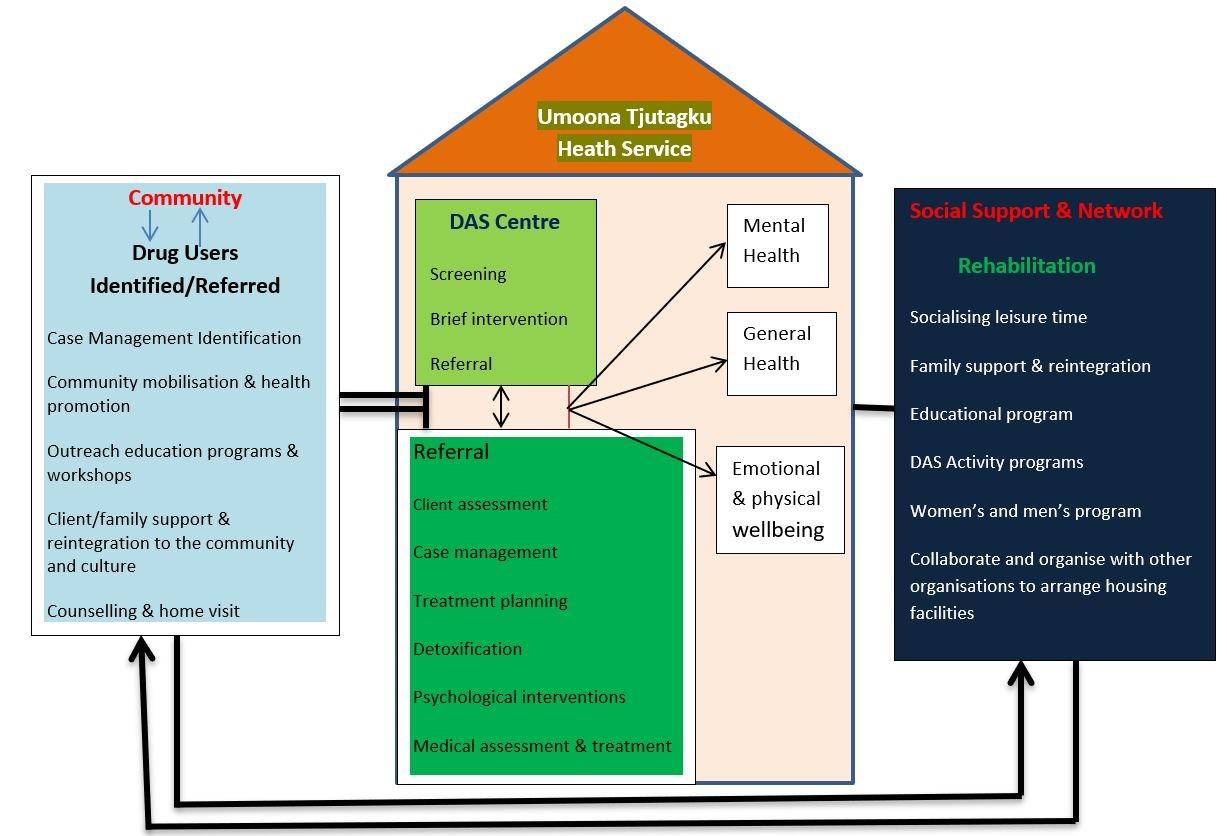


Call 08 8672 5580 to book an appointment with AOD staff.
Between 8.30 am to 4.30pm (Monday to Friday)
AOD Team
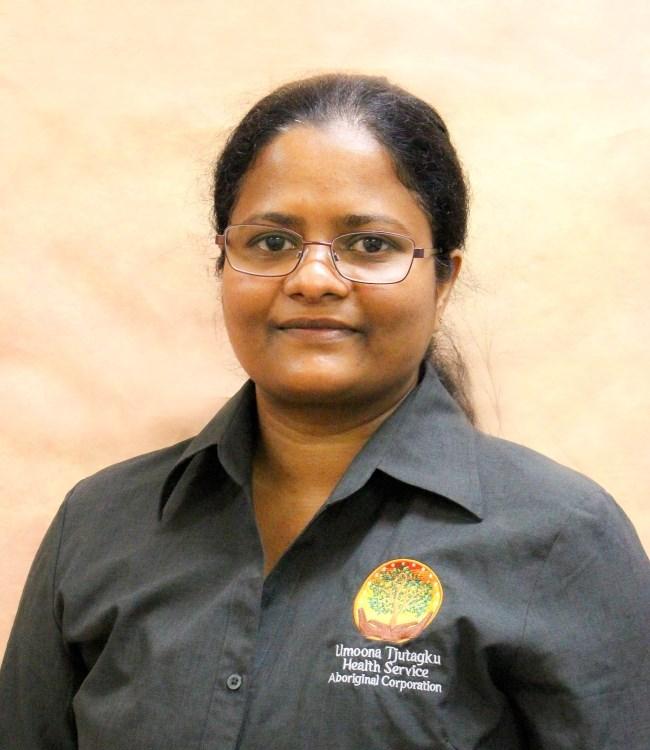
Chathuri Aberathna
Community Worker—AOD
Padmini Rana
AOD Worker
Gnanika Chandrasena
AOD Worker
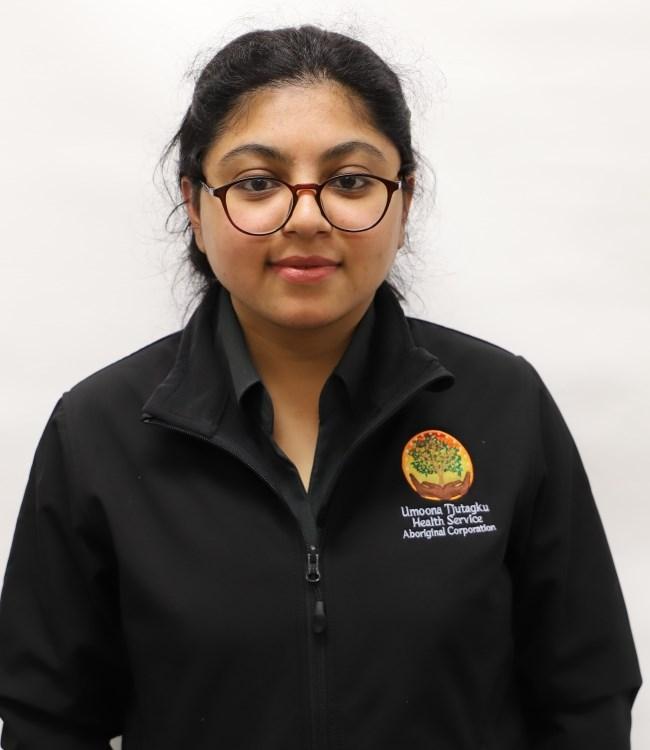
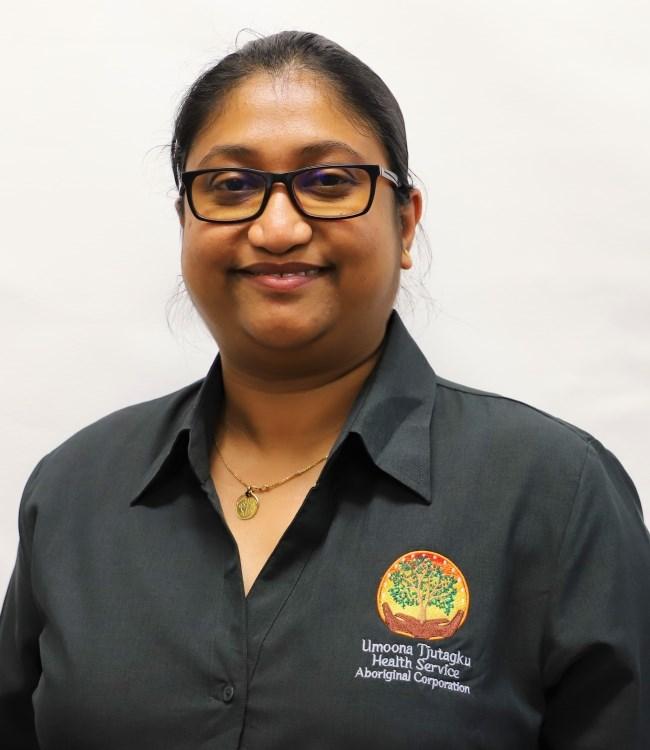
A staff at Umoona Tjutagku Health Service Aboriginal Corporation referred Max (46), a single man, to the Drug & Alcohol Services (DAS) Centre owing to Max’s alcohol problem. Max is from Coober Pedy, and when he was younger, he had overdosed alcohol, and was frequently physically and mentally assaulted from the community due to his alcohol addiction. No one did not care about Max and he did not gain any respect from the community. He was intoxicated and roamed here and there all the time.
Max had moved out of his family home due to his alcohol addiction and mental and social anguish, and began to wander around aimlessly. He accustomed to being inebriated. The client had nowhere to sleep after leaving home and had no family. Many times he was in jail due to begging and other reasons. He acquired an eating disorder as a result, as well as a mental imbalance. In terms of his physical, mental, and emotional well-being, his addiction turned his entire life upside down. He battled addiction as well as sadness.

On the advices of our AOD workers, Max agreed for AOD treatment, and the experience proved transformative. Workers from the AOD took the time to explain the internal and external programmes to him. He'd been a part of DAS alcohol and other programs for over a year, and it sounded good to him to understand how AOD workers help to overcome client's alcohol and other drugs issues.
According to Max, he claimed that he had remained in the AOD programs due of the way of AOD staff approaching to their issues and the way them dealing with AOD clients. The means that not only the approaches that AOD workers used, but also on how they optimistic about clients and their lives, way they looking forwards, and how they encourage their clients to enjoy each day as it comes.
These were some of positive key factors which were influenced for Max's later life.
During the case meetings with DAS manager, AOD staff created a platform to share current difficulties and received guidance in relation to Max’s situation. Finally, the client gave his consent to attend a rehabilitation centre in Port Augusta and arrived in Coober Pedy after having AOD therapies. For Max, the main benefits of the program include seeing others who have gotten over various drugs, getting support in recovery without judgement, becoming a better and calmer person and being able to control himself.

Max has been off the alcohol, and he knows why it is important to keep distance from drinking alcohol and using drugs. Now the client does not require alcohol and other drugs to spend his time. Umoona Tjutagku Health Service Aboriginal Corporation has encouraged Max to be employed and it is glad to see that Max continues the positive behaviour. This story is one of the recent examples that how AOD workers helped our clients to overcome their AOD challenges.
-AOD Workers
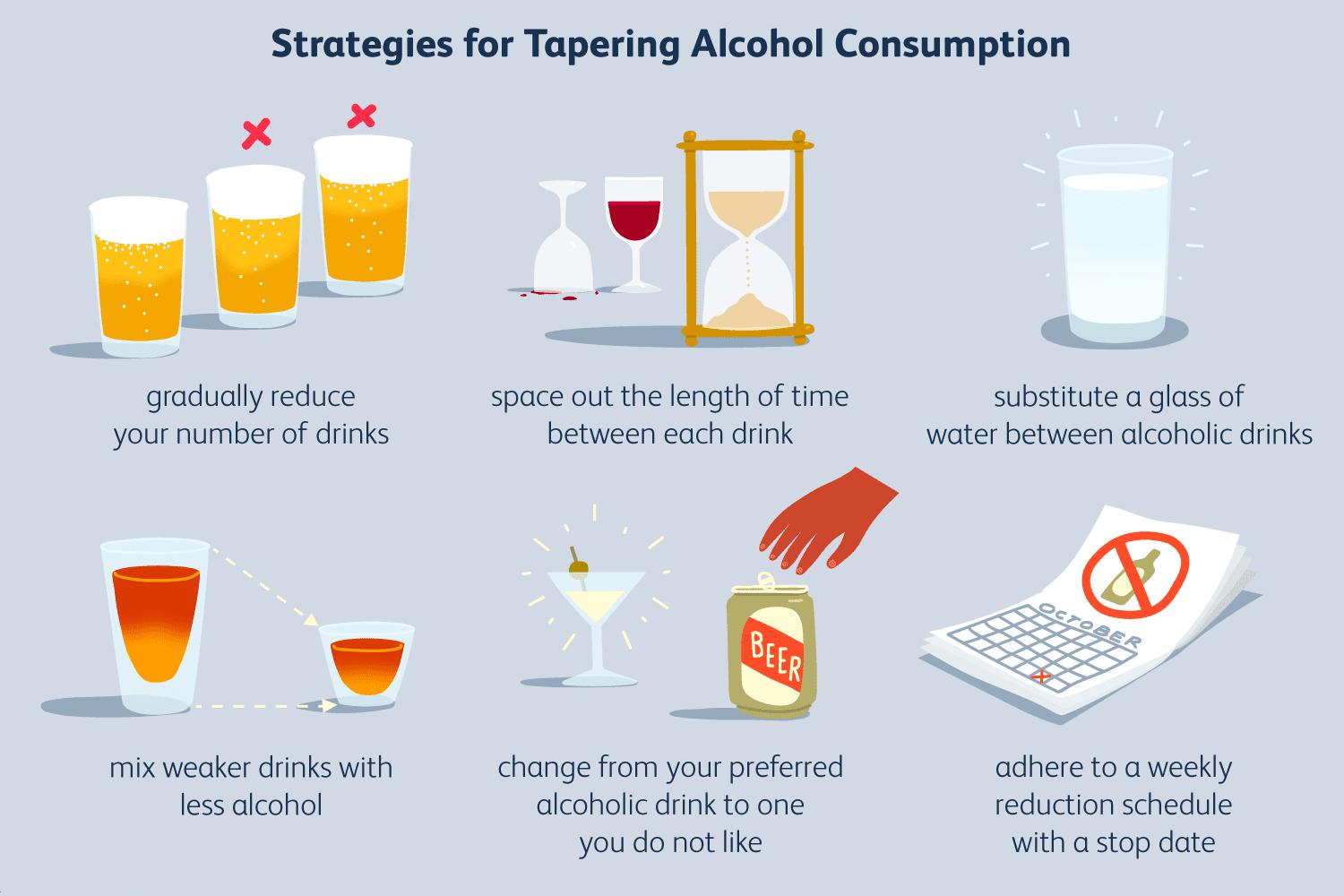

Cardiologist Visits
Overview
Heart disease describes a range of conditions that affect your heart. Heart diseases include:
Blood vessel disease, such as coronary artery disease.
Heart rhythm problems (arrhythmias). Heart defects you're born with (congenital heart defects). Heart valve disease. Disease of the heart muscle. Heart infection.
Symptoms
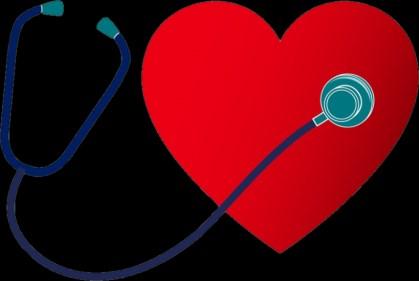
Heart disease symptoms depend on what type of heart disease you have. Most common symptoms are. Chest pain, chest tightness, chest pressure and chest discomfort (angina). Shortness of breath. Pain, numbness, weakness or coldness in your legs or arms if the blood vessels in those parts of your body are narrowed. Pain in the neck, jaw, throat, upper abdomen or back.

Few Important Factors Which Can Cause Heart Diseases
∙ High Blood Pressure ∙ Unhealthy Eating (Cholesterol) ∙ Being Over-Weight
∙ Not Exercising ∙ Smoking ∙ Consuming Alcohol ∙ Not Getting Enough Sleep




